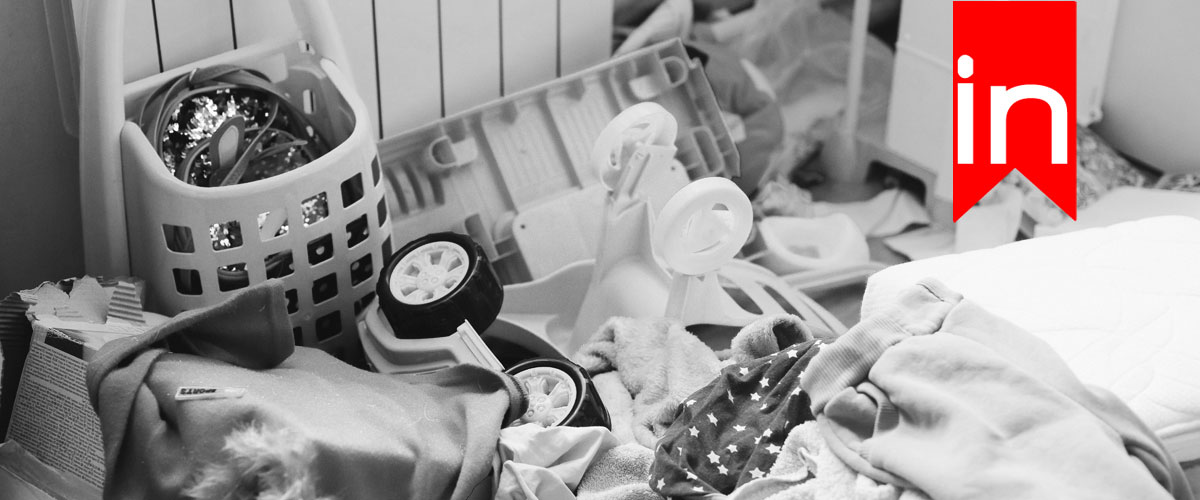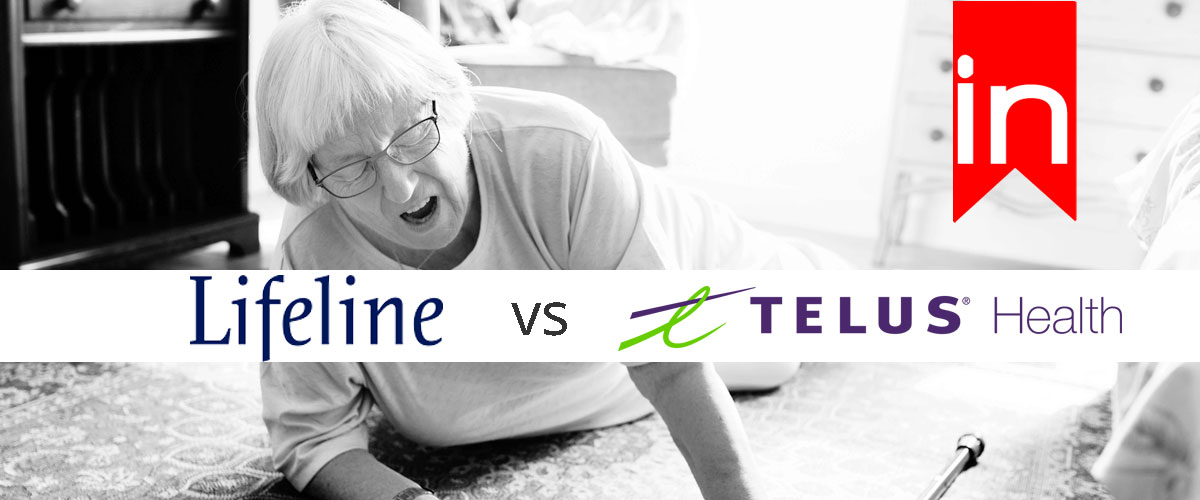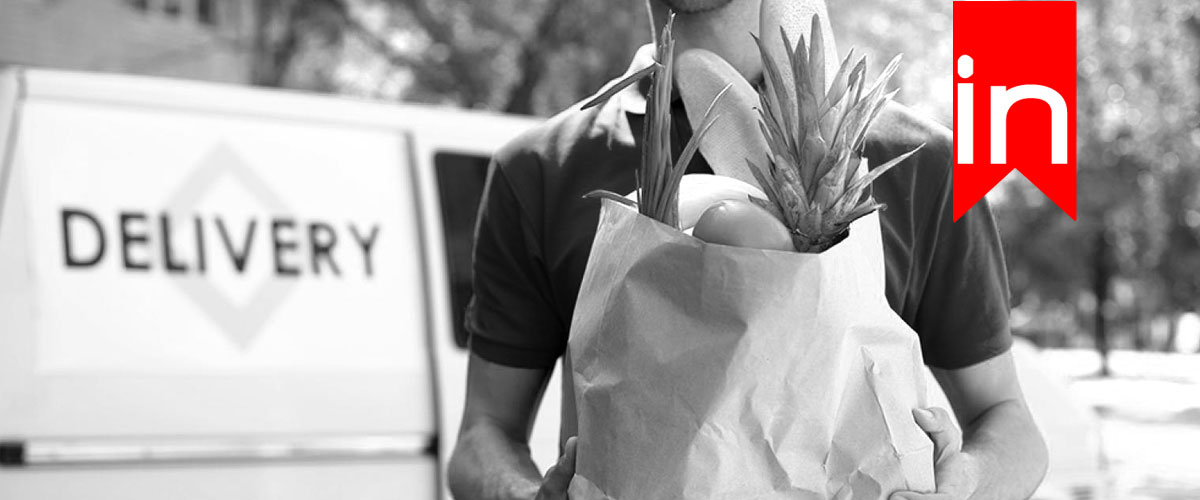Decluttering the home can be a challenging and time-consuming task for anyone, but it is especially important for seniors. As people age, their physical abilities may change, making it difficult for them to maintain a clutter-free living space. Additionally, with years of accumulated belongings, many seniors find their homes becoming increasingly crowded and disorganized. In order to create a more comfortable, safe, and functional living environment, it is vital to address the issue of clutter.
One of the primary reasons seniors should focus on decluttering their home is for safety reasons. Clutter can create tripping hazards and obstruct pathways, increasing the risk of falls and injuries, which are particularly dangerous for older individuals. Ensuring that the home is tidy and well-organized can help to minimize these risks, providing peace of mind for both seniors and their loved ones.
Another significant benefit of decluttering for seniors is the potential to improve overall well-being. Living in a well-organized and clutter-free environment can reduce stress and anxiety, leading to a more serene and calming atmosphere. Moreover, the process of decluttering itself can offer a sense of accomplishment and purpose, fostering a positive mindset and contributing to a higher quality of life for older adults.
Why Decluttering is Important for Seniors
Decluttering is essential for seniors as it promotes a safer and more comfortable living environment. As people age, their mobility and balance may decrease, making it difficult to navigate through a cluttered space. By reducing clutter, seniors can minimize the risk of falls, injuries, and accidents at home.
Another significant benefit of decluttering for seniors is its positive impact on mental wellbeing. A clean and organized living space contributes to reduced stress, increased focus, and a more relaxed atmosphere. This is particularly important for seniors who may be dealing with cognitive decline or memory issues. Moreover, an orderly home can also ease the strain on caregivers, who devote their time and energy to providing support for seniors.
Decluttering also helps seniors in simplifying their daily routines and maintenance tasks. By having fewer possessions to store and care for, seniors can better allocate their time and energy to activities that contribute to their physical and emotional health.
Furthermore, decluttering can act as an opportunity for seniors to connect with family members or friends. Involving loved ones in the process not only provides practical assistance but also fosters bonding and shared memories. The process can involve:
- Sorting and organizing belongings together
- Sharing stories and reminiscing about sentimental items
- Donating or gifting possessions to family members or those in need
In summary, decluttering is essential for seniors as it enhances their living conditions and overall wellbeing. By maintaining a tidy and well-organized home, seniors can effectively safeguard their physical and mental health while simplifying their daily routines and strengthening connections with loved ones.
Assessing the Clutter
For seniors, decluttering the home can seem like an overwhelming task. One of the first steps is to assess the clutter present in the living space. This process involves identifying problem areas and creating a prioritized plan for tackling them.
Identifying Common Problem Areas
Clutter often accumulates in specific areas of a home. It is essential for seniors to identify these spaces and understand what types of items contribute to the clutter. Common problem areas may include:
- Bedrooms: clothes, shoes, accessories
- Kitchens: dishes, appliances, pantry items
- Living rooms: books, magazines, papers, decorative objects
- Bathrooms: toiletries, medicines, towels
- Storage spaces: seasonal decorations, memorabilia, tools
Seniors should pay special attention to these areas and note what items may need to be organized, donated, or discarded.
Creating a Prioritized Plan
After identifying the problem areas, seniors should develop a prioritized plan to help manage the decluttering process. This plan may include :
- Ranking the cluttered spaces based on level of concern
- Setting realistic goals for organizing and decluttering
- Allocating time for each task, taking into account physical limitations
- Enlisting the help of family members, friends, or professional organizers
By using a step-by-step approach to decluttering and organizing, seniors can make progress in manageable increments and ultimately create a more comfortable, clutter-free living environment.
Decluttering Strategies
When it comes to decluttering a home for seniors, various strategies can make the process easier and more efficient. In this section, we will discuss The Four-Box Method, The KonMari Method, and the Keep-Toss-Donate strategy. Each of these methods offers unique benefits that can help seniors effectively declutter their living spaces with a sense of clarity and purpose.
The Four-Box Method
The Four-Box Method is a straightforward approach to sorting items during the decluttering process. It involves using four labeled boxes or containers:
- Keep
- Toss
- Donate
- Store
Each item is placed in one of the boxes based on its purpose and usefulness. This method helps seniors quickly sort through their belongings, making it easier to determine which items should be kept and which should be discarded or donated.
The KonMari Method
Developed by Marie Kondo, the KonMari Method focuses on keeping items that “spark joy” and discarding those that do not. Seniors using this method are encouraged to:
- Sort items by category (e.g., clothing, books, papers)
- Evaluate each item based on how it makes them feel
- Keep items that evoke positive emotions and discard or donate those that do not
This method promotes mindfulness and encourages seniors to focus on the emotional connection they have with their belongings, ultimately helping them make more conscious decisions during the decluttering process.
Keep-Toss-Donate
The Keep-Toss-Donate strategy is a simple and efficient way for seniors to declutter their homes. This method involves three labeled containers:
- Keep
- Toss
- Donate
Items are sorted based on their usefulness and sentimental value. Those deemed valuable remain in the Keep container, while anything broken, expired, or no longer needed goes into the Toss container. Items that are still functional but no longer serve a purpose for the owner are placed in the Donate container.
This method encourages seniors to consciously evaluate each of their belongings and make decisions that prioritize practicality and personal attachment, leading to a more organized and comfortable living environment.
Safety Considerations
When decluttering a home for seniors, it is crucial to keep in mind some safety considerations to ensure a secure and comfortable living environment. This section discusses essential aspects such as preventing trips and falls and improving accessibility.
Preventing Trips and Falls
One of the primary safety concerns for seniors is the risk of tripping and falling. To minimize this risk, it is essential to remove clutter and potential hazards from the floor:
- Keep walkways and pathways clear of any obstacles like cords, shoes, or loose rugs.
- Secure loose carpets and rugs using double-sided tape or non-slip mats.
- Ensure adequate lighting in all areas, especially near stairs and other elevation changes.
- Avoid placing small or low-lying furniture in high-traffic areas.
Improving Accessibility
Maintaining an accessible home for seniors can greatly enhance their quality of life and safety. This involves making adjustments to the layout and organization of the living space:
| Room | Recommendations |
|---|---|
| Kitchen |
|
| Bathroom |
|
| Bedroom |
|
By taking these safety considerations into account, decluttering a home for seniors will not only make their living environment more organized but also significantly safer and more comfortable.
Getting Help
Decluttering the home for seniors can be an overwhelming task, but fortunately, there are various resources available for assistance.
Professional Organizers
One option to consider is hiring a professional organizer. These individuals specialize in organizing and decluttering spaces, and they have the expertise to efficiently transform a disorganized home into a clutter-free environment. To find a professional organizer, seniors can:
- Visit Professional Organizers In Canada
- Search online for local organizers
- Ask for recommendations from friends or neighbors who have hired organizers in the past
Seniors should always check the credentials and reviews of any organizers they consider hiring, and it’s a good idea to interview several before making a decision.
Family and Friends
Another source of help for seniors in decluttering their homes is leaning on the support of family and friends. Loved ones can provide both physical and emotional assistance through the decluttering process. Seniors can:
- Ask family members or friends to set aside a specific time to help with decluttering
- Divide tasks among a small group of helpers to make the job more manageable
- Discuss sentimental items with family members to determine what can be kept, donated, or discarded
By involving family and friends, seniors can ensure that their decluttering journey is more enjoyable and less isolating.
Maintaining a Clutter-Free Home
Keeping a clutter-free home can significantly improve seniors’ well-being and reduce the risk of accidents. To maintain an organized living space, they can implement techniques such as establishing routines and implementing organizing tips.
Establishing Routines
Consistency is key to keeping a tidy home. Seniors should develop daily and weekly routines for cleaning and organization. These routines can include:
- Making the bed every morning
- Decluttering surfaces daily
- Keeping frequently-used items within reach and returning them to their designated spots after use
- Scheduling regular deep-cleaning sessions
By adhering to these routines, seniors can create long-lasting habits, making it easier to maintain an uncluttered environment.
Organizing Tips
Simple organization strategies can significantly impact seniors’ ability to maintain a clutter-free home. Some helpful organizing tips include:
- Creating designated storage spaces for specific items
- Using labels to clearly identify the contents of bins and drawers
- Utilizing vertical storage solutions, such as shelves and hooks, to maximize space
- Sorting items into categories to group similar objects together
By implementing these tips, seniors can create a structured living environment and easily locate items when needed.
Overall For Safety And Health
Decluttering can be a challenging process for seniors, but it offers numerous benefits. Firstly, it can improve the safety of their living environment by reducing the risk of falls and accidents. Secondly, decluttering can reduce stress and frustration by making it easier to find and access the items they need daily. Thirdly, it can have a positive impact on their mental and emotional well-being by creating a more organized living space. Finally, decluttering can help seniors prepare for future transitions by making downsizing easier and ensuring their most treasured possessions are properly cared for and passed down. Overall, while the process of decluttering can be difficult, the benefits are well worth the effort for seniors.



1 thought on “Decluttering the Home for Seniors: A Concise Guide for a Simplified Living”